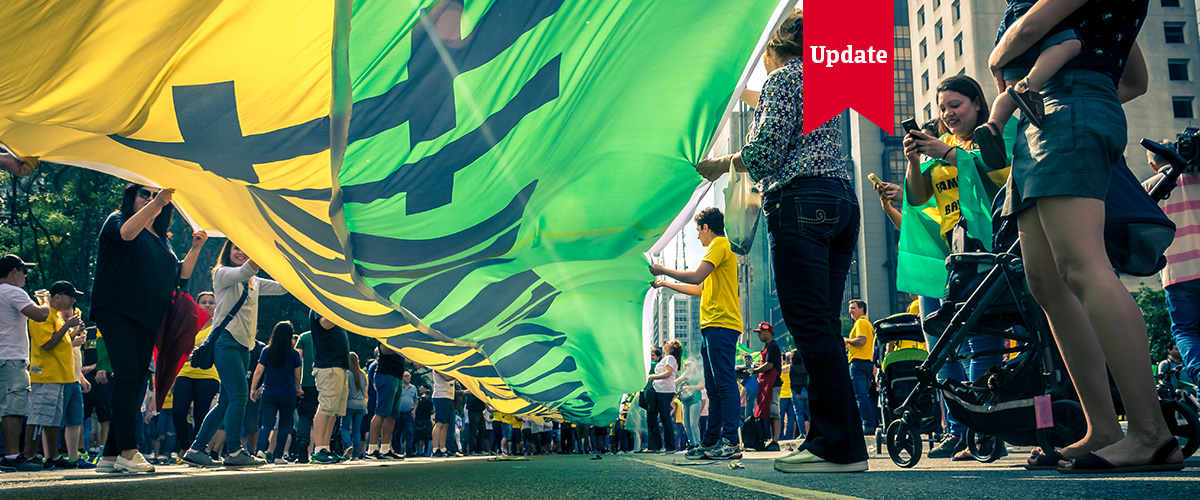Luis Inacio Da Silva, Lula, has won the presidential election in Brazil – what does this mean for the country?
While Brazil’s economy bounced back to pre-pandemic levels sooner than expected, high interest rates remained a major issue.
In addition, rising energy and food prices contributed to the rising inflation and interest rate hikes. And deep divisions within the country’s society and polarization will remain serious issues for some time.
Atradius experts believe an economic slowdown is expected for 2023. With Lula winning the Brazil presidential election, experts believe he will pursue less market-oriented policies, with higher social spending and more state interventions. He will also be facing the challenge of rebuilding fiscal credibility in order to strengthen business and investor sentiment.
All of these uncertainties and issues could impact foreign trade. Luca Andrea Colombo, senior manager for Atradius, says the first signs on the direction the new government will talk about the existing trade agreements include Lula’s proposed renegotiation of the recently signed Mercosur-EU deal. The terms were previously more focused on the role of commodity suppliers played by the south American countries, rather than technological partners.
“The tone of the conversation will most likely be more focused on the role that the US could play in dealing with countries that have vast natural resources, but that lack in technology and productivity. This could be an important obstacle for Brazil and strategic positioning of the new government in the international arena. The proximity that Lula had with the Chinese government is a very important commercial partner for Brazil; and the good relationship they have with Russia,” he adds.

